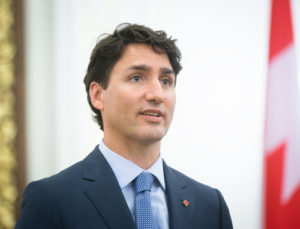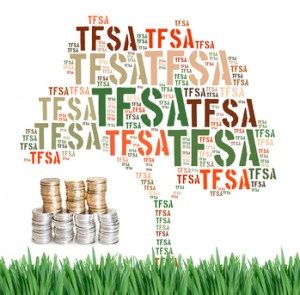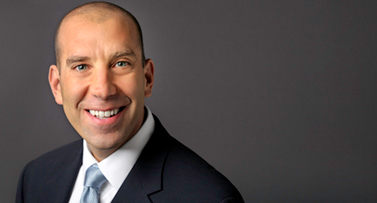
My latest Motley Fool blog looks at whether the Liberal Government intends to implement any suggestions by its Economic Advisory Council about raising the Retirement Age. See Will the Looming Federal Budget Try to Slip by Another Senior’s Benefit?
Of course, as one source says, the Government officially doesn’t want to raise the age of OAS and CPP eligibility from the current 65 to 67. After all, if it wanted to do that, all it had to do was leave in place the Harper administration’s policy that would have done just that for Old Age Security, albeit phased in gradually by the year 2023.
Even so, they must be sorely tempted, considering the fact that so many other Governments around the world are raising the retirement age to accommodate rising life expectancy patterns. The number of OAS recipients is expected to double over the next two decades, as more and more Baby Boomers take the plunge into Retirement, or at least Semi-Retirement.
Still, there’s more than one way to skin a cat. As I point out in the blog, anything as radical as raising the retirement age needs to be implemented gradually so as not to wreck the well-laid plans of financial advisors and clients who may have been counting on the rules as they now exist.
Delaying retirement age should be voluntary, not compelled by Government





